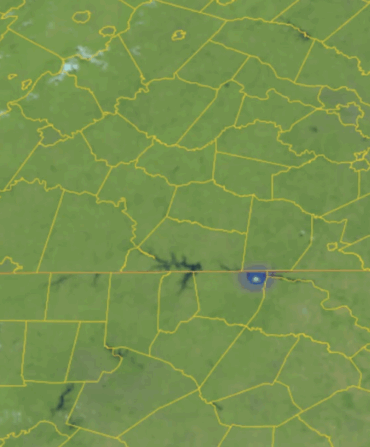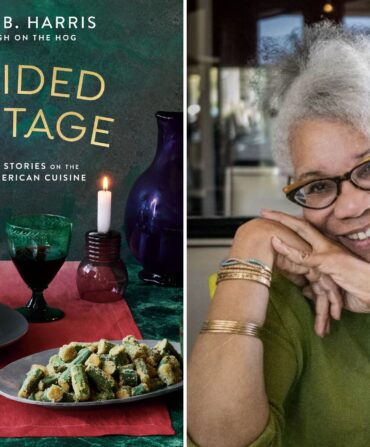Readers of contemporary fiction may recognize an increasingly familiar protagonist type: the blank (or at least semi-blank) slate. They’re lead characters about whom their authors reveal very little, as though meting out their personas with tweezers. Think of the narrator of Jhumpa Lahiri’s Whereabouts: an unnamed woman in an unnamed city with an unspecified career and little in the way of human attachments. Or the dislocated and unnamed narrator of Katie Kitamura’s Intimacies; the effaced narrator of Rachel Cusk’s Outline trilogy; or even, at the far end of the spectrum, the narrator of Mississippi-born Catherine Lacey’s Pew, shorn of gender, race, age, voice, and personal history. They’re the character equivalents of certain E.E. Cummings poems, where the white space surrounding the text is as much a part of the poem as the text itself.
The prevalence of these lacunar, sometimes chilly protagonists may be one reason Holly Goddard Jones’s stories, collected in Antipodes, felt, for this reader, so blazingly alive. Jones’s characters are their opposites. They have moms and kids and Pinterest accounts and antidepressant prescriptions and husbands who can be sweetly earnest but miss the point all the same. Jones adheres to no privacy policy with her characters, rooting through their psyches, scooping out their secrets, spilling every bean. As a result, her eleven stories crackle with the messy, bristly particulars of modern life, and record, with the fidelity of an ASMR track, what the poet Kay Ryan called “the small plop ordinary lives make.”
Jones is from a small town in southwestern Kentucky, and her writing bears the faint imprint—it’s probably unavoidable—of Bobbie Ann Mason. You’ll find eighties ranch houses here, with off-brand Coke going flat on the kitchen counter and working-class folks perched between hope and disappointment. But what you’ll also find is a fresh and invigorating weirdness. Aside from a previous story collection, Jones has published a literary thriller and a dystopian sci-fi novel (where the villains, naturally, are ticks). She dashes her realism with fabulism, horror, suspense, satire, even an eighth teaspoon of paperback romance. She doesn’t limit herself. Jones grabs whatever elements she wants from literature’s periodic table to convey—sometimes mournfully, always vibrantly—what it feels like to be alive at this strange and unsteady moment.
In the title story, a Bowling Green mother—suffering from depression, or what her husband blithely deems “a rough patch”—joins a project to commemorate the site of a giant sinkhole; as it happens, she also has an eraser-sized hole in her head visible only to her and her son. In the Stephen King–inflected “Exhaust,” a young couple driving through West Virginia are repeatedly menaced by a Chevy Impala, stalking them at high speed, cutting them off, its taillights like “cigarette burns,” until an even greater menace surfaces. “Visitation” sees a middle-aged slacker, furloughed by the pandemic from a video game store, move back home with his parents, where he’s dumbstruck to discover his imaginary childhood friend still lives. The narrator of “Ark” is invited, with several of her fellow churchwomen, to the home of a wealthy acquaintance for what she suspects will be an Amway-style sales pitch; she’s right, but the pitch isn’t for essential oils or vitamins but for “Apocalypse Readiness” kits being marketed for an imminent red-blue civil war. Jones’s stories bend in strange and sometimes confounding ways—usually toward darkness, which means usually toward truth.
Though not always toward darkness. “Swallows,” the collection’s final story, takes its title and inspiration from a poem by fellow Kentuckian Wendell Berry, and here Jones sneaks in her pinch of romance. Robin, a jaded art teacher in rural North Carolina, finds herself drawn to a cashier at her local Harris Teeter whose buoyant disposition she initially mistakes for dull-wittedness. On one level, it’s a simple if slightly twisted girl-meets-boy story, that most basic equation. But beneath that surface roils a furious exploration of our assumptions about intelligence and, deeper still, a rightful rebuke of smart-assedness, doom-mongering, cynicism, of the shells we hide inside. “What good,” Robin thinks, working with a disadvantaged child whose fate she fears is preordained, “was living, or loving, in the face of that?” In these extraordinary and life-crammed stories, Holly Goddard Jones points us toward some kind of answer.









